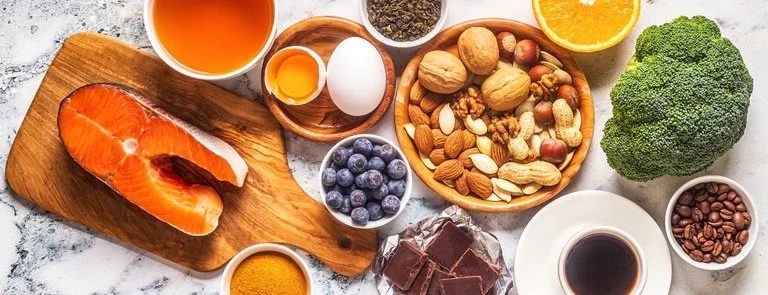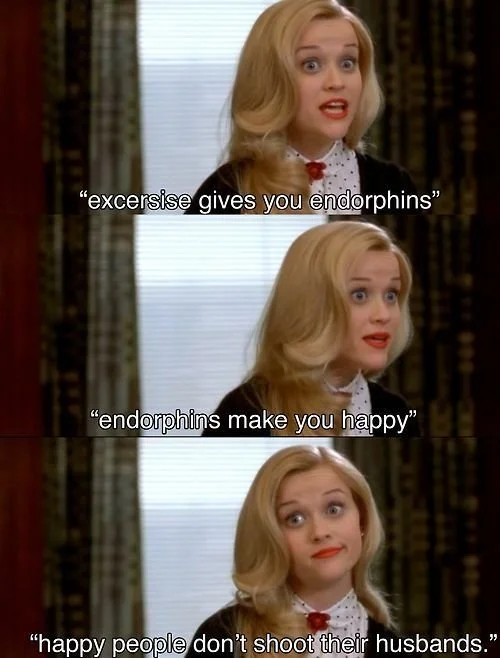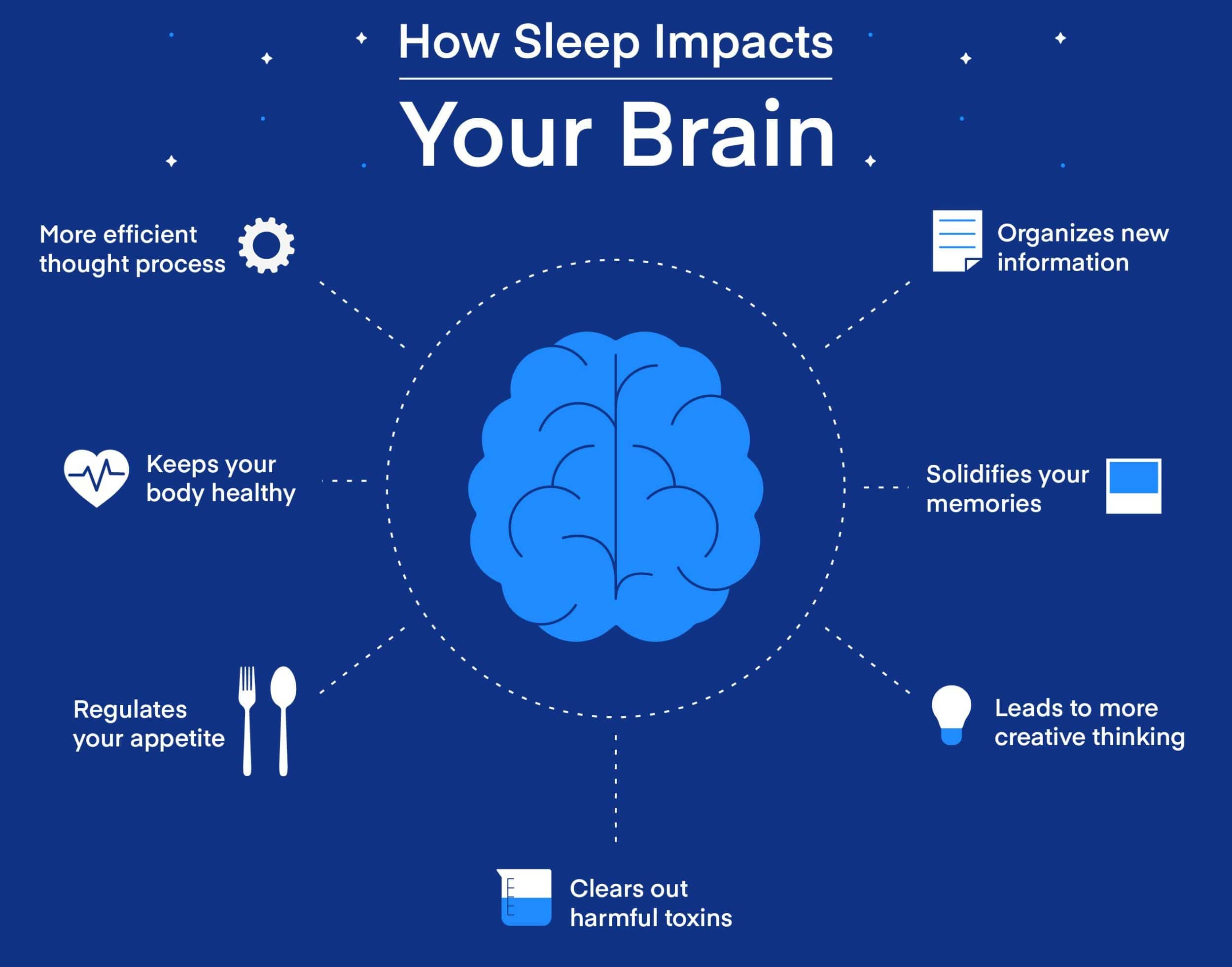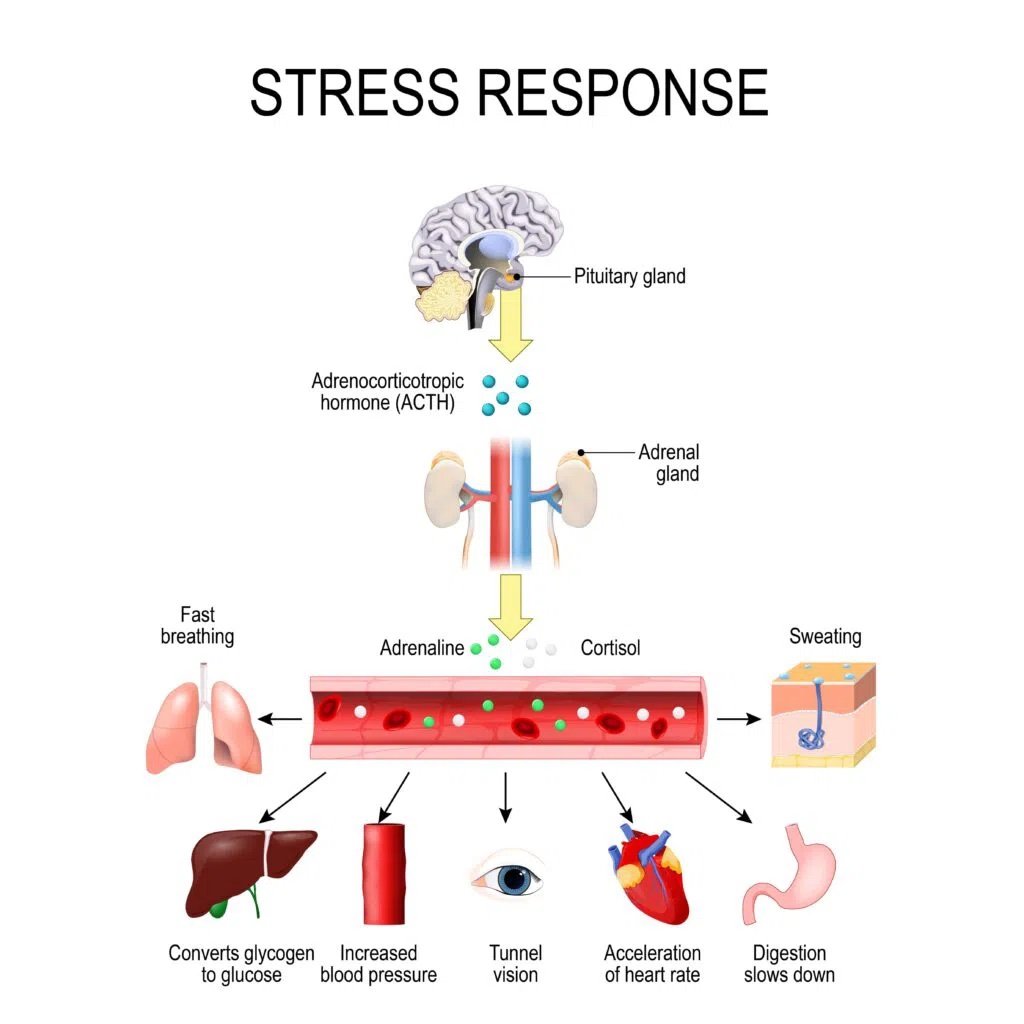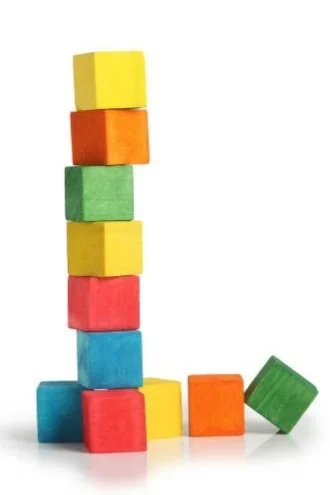10 Factors to Maximize Brain Potential
Why do this - What’s in it for you? Better Brain Function. Is there anything better than higher functioning brain?
The Brain is the super computers for our body. Computing, analyzing, coordinating… you know its is the key to our wellbeing. There exist factors that can contribute to its vitality and youth or its decline and whats the thing…oh yeah, poor memory, lack of coordination and at the worst, Dementia.
With 19.86% of adults experiencing some form of mental illness (nearly 50 million Americans [s]) and more than 7 million people ages 65 or older having dementia [s] taking care of our brains, our thinking tinker is essential. Even if 90% of US adults believe we are in the midst of a mental health crisis, there are real actionable steps we can take today, right now to reverse these numbers.
Why am I giving you stats for mental health, what does that have to do with our head organ? Well it is because many health professionals, scientists and researchers “believe that mental illnesses result from problems with the communication between neurons in the brain (neurotransmission) [s]” and while the jury is still out on the specific “causes” of mental illnesses, we do know there are several identified factors that put individuals at risk. Things like the environment we live in, geographically (city, state, zip code) and our social environment (who we are meeting and greeting on the daily), our exposure and ingestion of toxic chemicals (ahem, glyphosate), our lifestyle habits and dietary choices, and the ole faithful genetic components. Actually it’s often the combination of several factors most likely combine to influence whether someone becomes mentally ill.
And of this Brain Functioning only 1/3 of your biological brain function is genetics. That means 2/3’s are completely is within your control. You have the power to improve your brain! Cue He-Man ”I have the Power!” During any one day the average adults makes over 35,000 choices [s]. And even if close 95% of them are made with your subconscious, that leaves well over 1,750 choices you can harness the power of. Every choice, or cause, has an effect. We can consume “on purpose” to enhance our lives or we choice blindly and see what happens. The choice is yours either way
Below I will be relaying 10 variable that can have an impact on your brain function, for better or worse. While reading them it could be helpful to make a mental (or take an actual note) how you are performing in each area, on a scale of 1 to 10. People in the 10 category get gold stars and 2s and 1s have room to grow. If you are maxing out in more than one variable then you are surly maximizing your brain power potential! However in my experience, when i consider this list for myself, I find there is always something more, a little room to improve even if just by 1%. Also, considering how you scale is a wonderful exercise in knowing where you. We can’t grow until we first have a starting point #baseline #groundzero. Knowing where you are with your effort allows you to think what is 1% more I could do, what’s one little thing to add to grow one percent better in this area.
1.Brain Diet - What we eat matters most especially for your gray matter. Our 3 pounds of brains tissues are constantly being regenerated by the foods we consume. 60% fat and 40% a combo of water, protein, carbohydrates and salts [s]. Even thought the brain is only 2% of your body mass (~3 lbs) it requires 20% of your nutrients. That’s 20% of your water, 20% of your oxygen, 20% of whatever matter you are consuming. Consuming a diet that support new growth and development (neuroregeneration) would support a higher functioning brain. The brains makeup is 60% fat and therefore requires a tremendous about of essential fatty acids (EFA) which are primarily found in Omega-3 Fatty Acids (read my post about it here). The remaining 40% is a combination of water, proteins blood vessels and nerves, including neurons and glial cells. A good brain diet would include quality seafood, lean clean meats, avocados, blueberries, walnuts (nuts) and seeds, olive oil, eggs, dark chocolate, and diversity of fruits and vegetables. In contrast, diets high in inflammatory PUFA’s, refined sugar, and processed food can impair brain health [s]. Water is also critical for a high functioning brain, given the content of water the brain contains even minor dehydration (loss of sodium and electrolytes), can have acute and negative effects on memory and attention [s].
Reflect Question: How is your current diet support your brain?
2.Killing ANTS - Ants, coined by the leading expert/physician in Brain Health, Dr Daniel Amen, are Negative Automatic Thoughts and these little bugs have tremendous power over your mind. Its your self talk, how you are either encouraging or discouraging your actions. This work, to kill ANTS” is very similar to “the work” taught by Byron Kelly. You can find her guides here.
The way to Kill ANTS…. when you’re thinking the negative thought ask yourself 5 questions:
Is this thought True?
Is it absolutely True?
How does this thought make me feel?
Who would you be or how would you feel if you didn’t have this thought?
What is the opposite of the original thought?
For example, a thought like “I can’t do anything right.”
It this true, NO. you can brush your teeth, walk, you have a job, drive a car. there are many many things you can do right,”
It is absolutely NOT true. Maybe in this one instance, you got 1 thing wrong but you are a human and that is how humans learn, though trial and error, thought failure we find what does work for us.
It makes me feel bad to think I can’t do anything right. I feel like a failure. I get a lump in my stomach and weight on my shoulders.
If I didn’t have this thought I would feel accomplished and confident. I would be a person that keeps trying to do the thing until I can do it right,
I can do things right.
Going thought this series of questions or inquiries can over time make the ANTS disappear.
Reflect Question: Do you have a lot of ANTS?
3. Exercise - We all know this. An active body maintains an active mind. Regular physical activity helps you think, learn, problem-solve, maintain an emotional balance, improves memory and reduces anxiety / depression[s]. Most health professionals agree that “Regular physical activity is imperative to reduce risk of cognitive decline. But it’s more than just working out 2 to 3 times a week, the true benefits come when we are mobile throughout the day. Sitting is the new smoking, when it comes to health risk[s]. If you have a sedentary job or even if you find yourself sitting (on screens or not) all day you should frequently (every hour) get up and walk about to get your body moving and brain grooving.
Reflect Question: How is your activity level? Could you make more effort to move?
4. Brain Nutrients - These are things not often available though dietary consumptions but research shows them to be beneficial for enhancing cognitive functions. For example, Omega-3’s that can be found in fish are in the highest concentrations is salmon Roe (1oz ounce salmon roe = 1800 mg. That’s is 3.5 times the amount in standard salmon [s]). But finding salmon Roe in the grocery store? Not gonna happen therefore supplementing is the more viable option. Some other powerful brain nutrients are adaptogens, Nootropics[s], Phosphatidylserine, and L-Theanine to name a few. These are nutrients found in herbs & mushrooms that are super beneficial not only for our brain function but beneficial quantities are not available for consumption.
Adaptogens: Reishi, Cordyceps, Lion's Mane
Herbs: Ginseng, Holy Basil, Rhodiola Rosea, Ginkgo Biloba,
Nootropic Herbs: Bacopa Monnieri, Oxiracetam, Huperzine A,
Fruits/Foods: Schisandra, Caffeine, Blueberry
Nutrients: Phosphatidylserine, L-Theanine, Alpha-GPC, Magnesium, iodine, zinc, copper, vitamin B1, vitamin B3, vitamin B12, and folic acid.
Brain-derived neurotrophic factor (BDNF)
Reflect Question: Could you add any supplements to your daily routine?
5. Positive Peer Group - Your community, who you spend time with. They say you are the sum of the 5 people you spend the majority of your time with. So who you are becoming is the who you are surrounding yourself with. Maybe you have some discouraging people, some judgmental and negative peeps in your circle? If so there’s a good chance you thought patterns might follow a similar trend. We have these things in our brains, mirror neurons, that are always imitating people around us. We do as we see, we watch and we mirror, we imitate the words and actions of people around us. And yeah! If you wanna be accepted into a tribe, you are going to do as the tribe does for fear of being banished out. We are not living in these dire living circumstances anymore but our brains don’t know that! We have more power! and the ability to choose the people in your community that can lift you up, that can grow with you. That can nourish your minds! And with this digital age it doesn’t just need to be people in our proximity, you positive brain influencers can be from the books you read, podcasts you listen to, your fitness or lifestyle communities (yoga, YMCA, walking, book clubs, running groups, etc.)
Reflect Question: What does your peer groups look like?
6. Clear Space - You know that feeling when you clean off your countertops, maybe its a drawer or your closet is all nicely folded and put away. You feel energized and renewed right? Well its because your brain loves a clean environment. Whenever we take time to clear out the noise we have more clarity of thought so Marie Kondo you’re mine how clean is your environment? There is a brach of science devoted to this very phenomenon called “Closed-Loop Neuroscience.” To simply illustrate this take the action of your morning #mughug. What do you typically do with all the tools needed for this task? Leave the mug in the sink or put it in a dishwasher? Maybe you’re someone who might leave our the coffee package for later or maybe its the creamer. All day while you’re somewhere else, your brain is still keeping a loop open for those “tasks” all the while silently and slowing stealing little bits of brain and nervous system power. You eventually get to it no doubt, putting the clean mug back into the cabinet to fully close the loop at which point the task can be fully completed. Researchers demonstrate how the sooner we “close the loop” on tasks, the better functioning our brain (and the more we ward off dementia and other network dysregulation disorders).
Reflect Question: How clear are your spaces?
7. Sleep - Of course! Having sleep hygiene. How many hours are you getting a night, are you waking multiple times a night? Do you have a bedtime routine? Are you getting outside to see the sun light to trigger the melatonin regeneration first thing in the morning? Quality visual health leads to improvements in mental health by getting into a circadian rhythm. Your eyes are the only thing that are outside of your skull and seeing daylight helps you tremendously it helped lead to a better sleep and also limiting blue light from those electronic devices at night. I’m inspired to write a post on how to improve sleep quality soon but for now you could read this book, Sleep Smarter or Listen to one of these podcast.
Reflect Question: How is your sleep? Do you feel well rested?
8. Brain protection - Wearing a helmet for physical protection for sure but what about the phycological damage that can happen over time. If you are anything like me then you grew up with adults making comments about our academic performance (more like labeling us either as smart and bright or slow). In the last 10 years we have discovered more about the human brain than we have in the 10 decades. And the most prominent turning point is knowing what is possible for your brain. Knowing that you are no longer limited based on what your preconceived notions were. School teachs kids what to learn but not HOW TO learn. There aren’t any classes that teach concentration. You wont find Focus 101 on any syllabus. These are learned skills. So we can protect our children’s brains from injury by being very careful with how we talk to them. Our external words can become children’s internal words. What we say to them, they absorb like sponges (especially when you don’t think they are listening) and they replay those words to form their self image. Being careful how we interject into their struggles and challenges, how we can either encourage or discourage can mean the difference in a whole army of ANTS. If you are a child and constantly being told that you are causing trouble and will not amount to much in life unless you follow xyz plan… they don’t hear that xyz plan, their brain attached to the label you gave them and the ceiling of what’s possible for them. Instead, paint a picture of hope and possibility. If you don’t have any kids, then do it for yourself! You have so much potential in there!
Reflect Question: How well are you protecting your Cranium?
9. New Learnings - How much are you exercising your brains abilities by learning on a regular basis? This could be reading a book to absorb the wisdom contained in the pages or taking a class. Maybe trying a new hobby that moves your fingers in new movement patterns (clay-work, an instrument, knitting. crafting ...etc). Heck it could be as simple as using your non-dominate hand to brush your hair or teeth. There are many ways to seek out something new to learn. Key here though is NEW. In the new the brain being challenged. Something new could even be tacked onto an existing activity that brings you joy. If you’re a gardener, maybe looking to expand into learning about the insects that like to inhabit your space. If you’re an artist or wood worker, try learning a different way to manipulate the medium.
Reflect Question: What was the last NEW thing you learned? How long ago?
10. Stress Management - Saved the best for last. This is a HUGE invisible threat to our brains. Stress triggers a rise of cortisol and adrenaline and when these two are constantly in your flow, that could be considered “survivor brain” which in turn shuts down your access to higher executive functioning. This controls things like your ability to pay attention, plan, and problem-solve, blocking your ability to creatively and abstractly think. It also effects your regulatory center that manage emotions, your self-control, motivation, moral reasoning and decision making. Basically you are just surviving (no where near thriving).
Oh and if you’d like to geek out on the science/biology of the stress responses, here is some fun data.
I like to think of stress in terms of building blocks (you know those wooden ones you get for toddlers to stack). All day long we encounter a stressor adds another block. This makes a color and tall tower for sure but it doesn’t seem to stop. We keep adding and adding, put away the dishes, this bill is due, what’s for dinner, another email to respond to, bring the kids here, dogs barking, you mom said what? Oh no we’re out of milk…..by 4pm your tower could be so tall its toppling over! I know I’ve been there sooooo many times which looks like me exploding and yelling. I feel frazzled and overwhelmed. There is not enough time in the day, too much to do, the weight of the world closing in … and I know I’m not alone.
What helps is to have a strong foundation to support the tower’s base (grounding). It also helps to remove those blocks as quickly as you’re staking them with various stress reduction techniques throughout the day. A deep breath, a moment to take several breaths, getting outside, look at the sky or clouds with wonder, maybe take a walk, listen to music, engage in a craft, read a book, listen to a podcast, play a game, meditate or take a nap… there are many, many things we could do but how frequently are we practicing them? How much are we prioritizing them? How much are you willing to engaging with the stress reducing things that bring balance back to your tower? The more you can manage your stress, the better you will feel and the happier your brain will be.
Reflect Question: What are your stress reduction tools and how frequently are you using them?
Okay that’s it! We covered a lot but I feel only skimmed the surface of what we can do for each factor. My hope this that this gave you something to consider, something you can think about and some inspiration to move you forward. So on a scale of 1 to 10, how do you feel you are supporting your brain function?
I hope you know, there is a version of yourself patiently waiting for you to discover it. The goal is to show up every single day until we find it.
This post was inspired by a portion of a talk presenting by Jim Kwik, called “Unlock your Brain Power to Learn More & Forget Less.” You could listen to a part of it or watch it for free.

